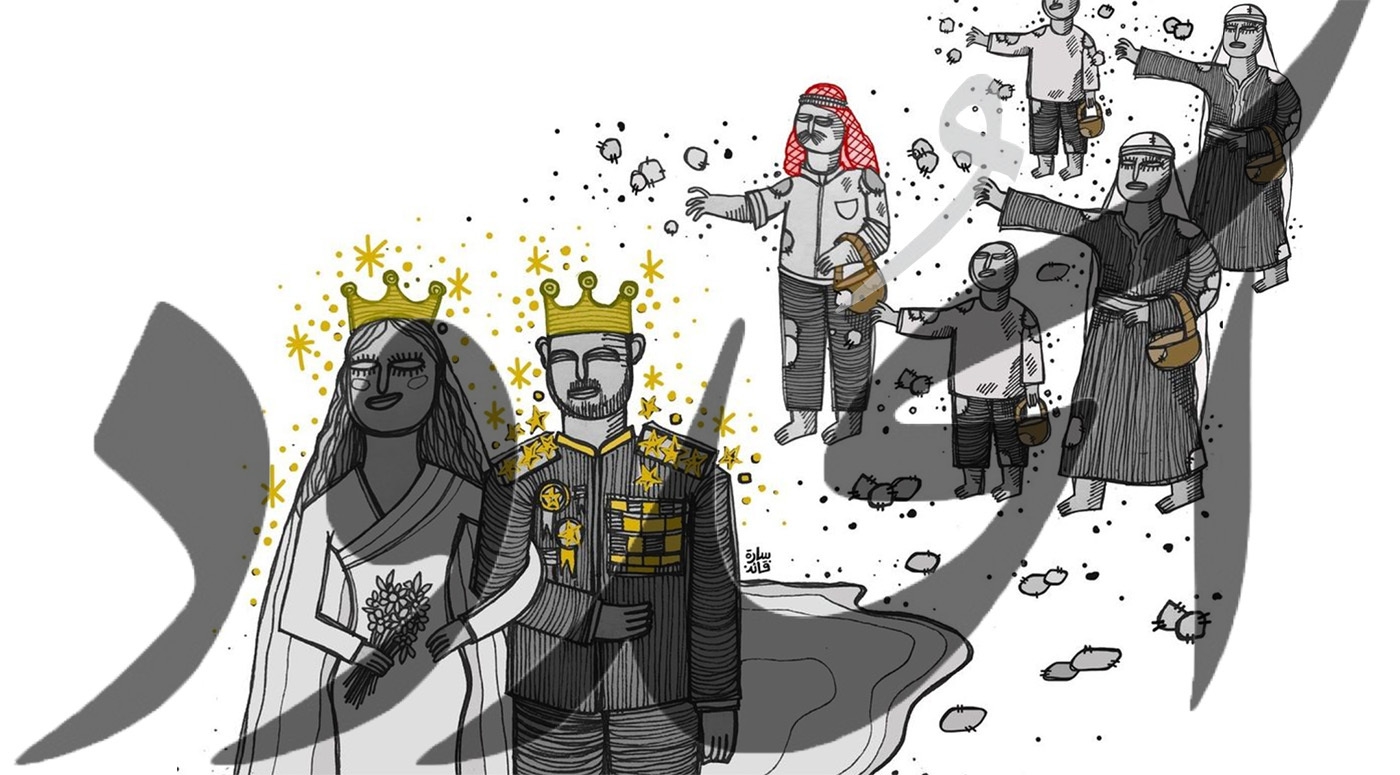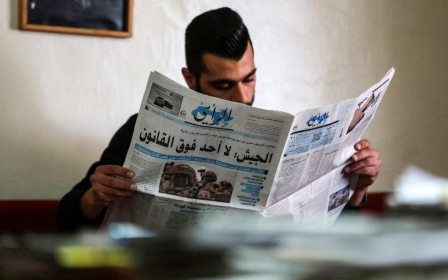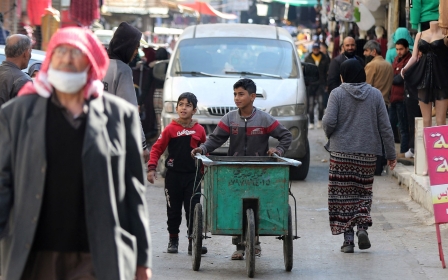Jordan blocks satirical news site AlHudood

Jordan has blocked the popular satirical news site AlHudood in a move denounced as censorship and an attack on freedom of expression.
The Arabic language website, whose name translates as "the limits", was founded in 2013 and is often compared to the satirical American news website, The Onion.
Jordanian authorities have not yet explained why the website has been blocked in the country.
Commenting on the move, staff from AlHudood highlighted the increasing lack of freedom in Jordan and defended the website, saying that over the years it had grown to cover not just Jordan, but the entire Middle East and North Africa region.
"It's really unfortunate to see freedoms of all sorts deteriorating constantly in Jordan, and we worry about the effect this will have, not just on us as a publication but on journalists, writers, and citizens alike in what they can produce and what they can consume," a staff member, who asked not to be named, told The New Arab.
New MEE newsletter: Jerusalem Dispatch
Sign up to get the latest insights and analysis on Israel-Palestine, alongside Turkey Unpacked and other MEE newsletters
According to local media, staff at AlHudood were first alerted to the issue when they started receiving comments from readers in Jordan saying that they were experiencing difficulties accessing the website.
After working with technical experts, the team discovered that their website had been blocked in the country.
The exact reasons why the website is being blocked have not been made public.
Royal wedding coverage
However, many are speculating that it is due to AlHudood’s coverage of the Jordanian royal wedding that took place last month.
Jordan’s Crown Prince Hussein wedded his Saudi bride Rajwa al-Saif in a lavish ceremony.
The occasion was covered extensively on the AlHudood website.
In one of the website’s posts, it published a poster with the caption: “The Jordanian government has launched a campaign for the royal wedding: be happy, dog.”
In another post, the website questioned: “Where did the prince get all this money to cover the cost of the wedding?"
One of the articles published on the website also suggested that the Jordanian authorities would impose fines and penalties on those who did not express their happiness for the royal family during the wedding period.
PEN America, an organisation that defends freedom of expression and literature, condemned Jordan for the move.
“The Jordanian government’s blocking of the satirical website demonstrates thin-skinned intolerance, not a commitment to free expression. Jordanian authorities should reverse this act of censorship,” they said in a tweet.
Social media users have also been quick to condemn the decision to censor the website and called for it to be reversed.
“AlHudood is a funny satirical site that approaches political and social contradictions in the region in a joking matter, but the regimes are sullen and want to suffocate any smiles, thinking this will strengthen them and restore their prestige that they never deserved,” journalist Diana Moukalled wrote on Twitter.
“All solidarity with AlHudood and all cynics in the region, some of whom were killed, imprisoned, or expelled.”
Since its foundation. AlHudood has grown in popularity and now has a team of 19 writers. The website has published over 6,000 satirical articles and cartoons, as well as videos and short films, and has over 68,000 followers on Instagram.
It describes itself as “a form of organised gossip” and publishes content highlighting issues in the region through comedy and satire in both Arabic and English.
Censorship in Jordan
Human Rights Watch (HRW) has previously highlighted restrictions on freedom of expression in Jordan.
A report published earlier this year said that Jordanian law criminalises speech deemed critical of the king, foreign countries, government officials, and institutions, as well as defamatory speech.
HRW has also documented how Jordanian authorities use vague and broad criminal laws to criminalise free speech. The report found that the number of cases in 2020 relating to these charges almost doubled from the previous year.
AlHudood has previously been targeted in other countries, including the United Arab Emirates, for its coverage of human rights, corruption, and freedom of speech.
Middle East Eye delivers independent and unrivalled coverage and analysis of the Middle East, North Africa and beyond. To learn more about republishing this content and the associated fees, please fill out this form. More about MEE can be found here.





